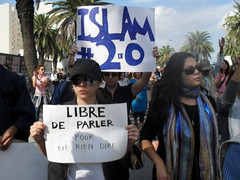 |
| Image by Magharebia via Flickr |
By Dan Littauer
Tunisia’s new interior minister, Ali Larayedh, has been embroiled in controversy and scandal as a leaked video allegedly shows him in a gay prison sex video. This scandal has outraged and inflamed public opinion regarding homosexuality which was already jittery due to the electoral political tactics that used sexuality in order to discredit various opponents.
18 January, a 45 minute long black and white video, dating from 1991, showing two men having sex, was posted on YouTube. The occasional close-up on one of the men’s faces resembles Ali Larayedh, the current interior minister and a member of the ruling Islamist party Ennahda who won last years’ October elections after the first Arab spring rebellion which deposed dictator Ben Ali. The poor quality of the video makes it difficult to determine the video’s authenticity, or whether Larayedh is actually in the video. The video on the site was quickly removed, although it is still available on file-sharing sites.
In 1990 Ali Larayedh was arrested by Ben Ali's police for his activity as a member of the then illegal Ennahda party and was sentenced to 15 years in prison after a show trial. He alleges that he has been tortured while serving his jail sentence, while in 1992 his wife was sexually assaulted during an investigation at the Ministry of the Interior.
The alleged video of Ali Larayedh from his time in prison was posted shortly after an announcement by the Tunisian government that three arrest warrants had been issued for senior officials at the Ministry of the Interior. Tarek, Tunisian Editor for Gay Middle East notes that “the security forces of Tunisia have largely remained intact since the time of Ben-Ali and thus many of its personnel are potentially hostile to the Ennahda party.” In other words, the video may have been leaked by someone in the Ministry of the Interior, or perhaps former a high-ranking police officer, wishing to undermine Ali Larayedh by further inciting public opinion using a tactic dubbed “porno politics” by Tunisian activist Ahmed Manaï. According Manaï’s book, book, “Tunisian Torture: The Secret Garden of General Ben Ali”, tactics to discredit political opponents through exposing sexual scandals, and in particular homosexual ones were used by the deposed Tunisian dictator Zine al-Abidine Ben Ali, during the early 1990s.
The background to this scandal is important to note. Two days before this incident (16.1.12) Naji Behiri, the brother of the Tunisian Minister of Justice, Noureddine Behiri, was released from prison under presidential amnesty, despite allegation from his hometown that he raped a young boy. Tarek attests: “A wave of public anger erupted across the nation accusing Ennahda party of being at league with homosexuals and paedophiles, terms that were used interchangeably. Highly homophobic comments were posted on related news articles and throughout the social networking sites, mostly asking that Naji Behiri remains in prison and tried and punished for sodomy. Conspiracy theories of homosexual corruption and cover up within the Ennahda party have become commonplace.”


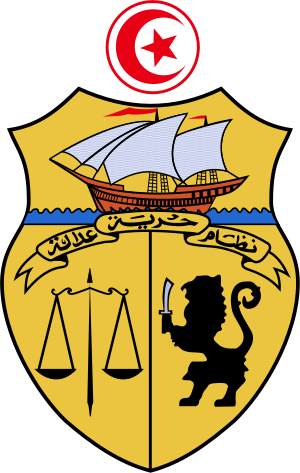








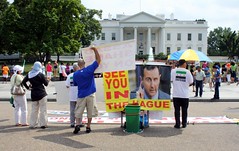





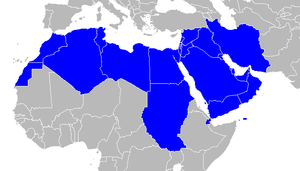


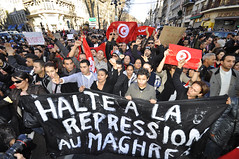




![Reblog this post [with Zemanta]](http://img.zemanta.com/reblog_e.png?x-id=e5efaf0c-f99f-4b33-bb52-a812890f8686)

![Reblog this post [with Zemanta]](http://img.zemanta.com/reblog_e.png?x-id=2926216d-07ce-4c40-88ef-dfdc5c136ef2)

![Reblog this post [with Zemanta]](http://img.zemanta.com/reblog_e.png?x-id=e5176f06-bdda-4f25-a87f-a059f27abcc8)

![Reblog this post [with Zemanta]](http://img.zemanta.com/reblog_e.png?x-id=5a122abe-04c6-4dfe-a014-c4b77d77cb85)






 Join our page
Join our page

